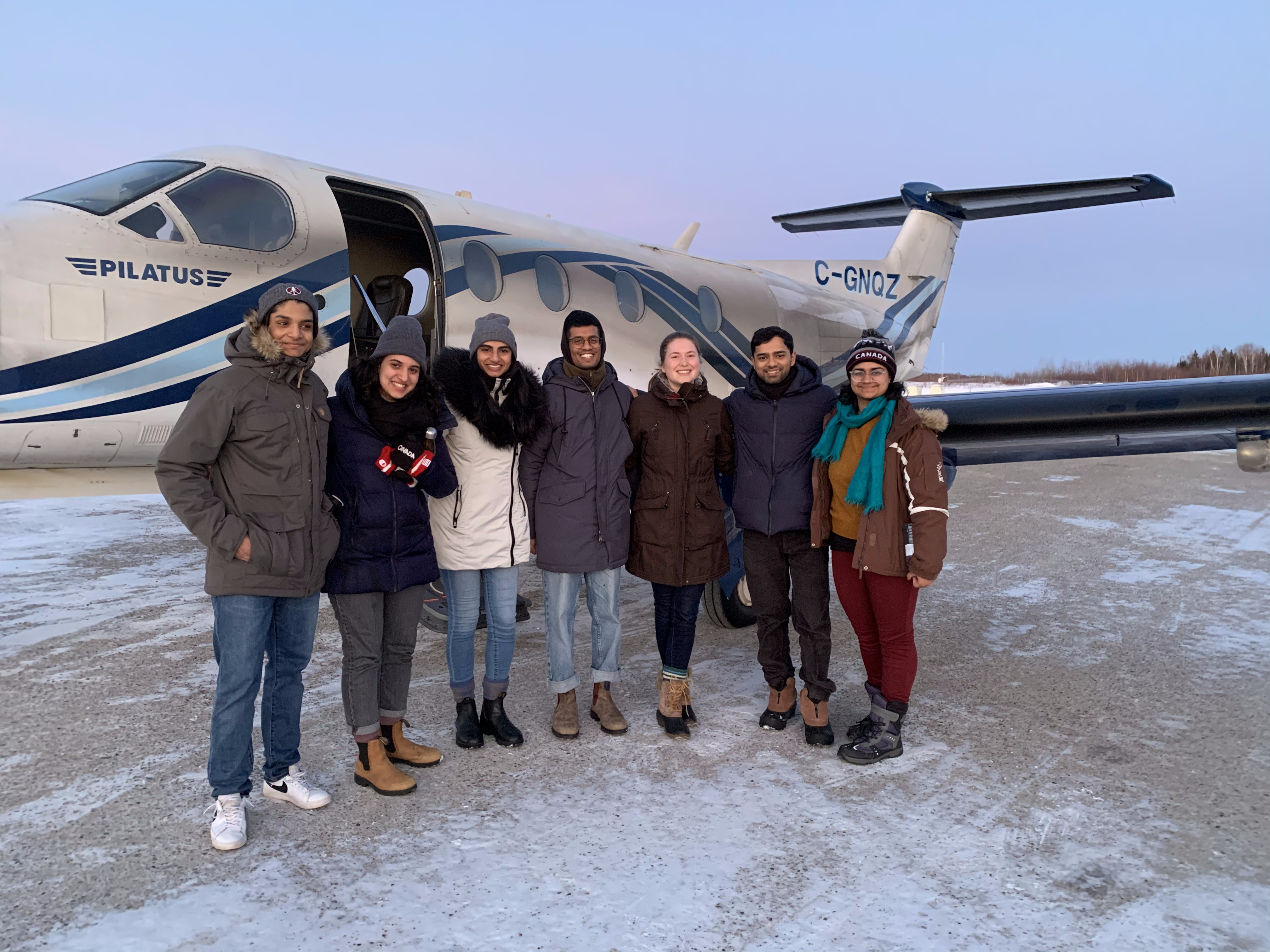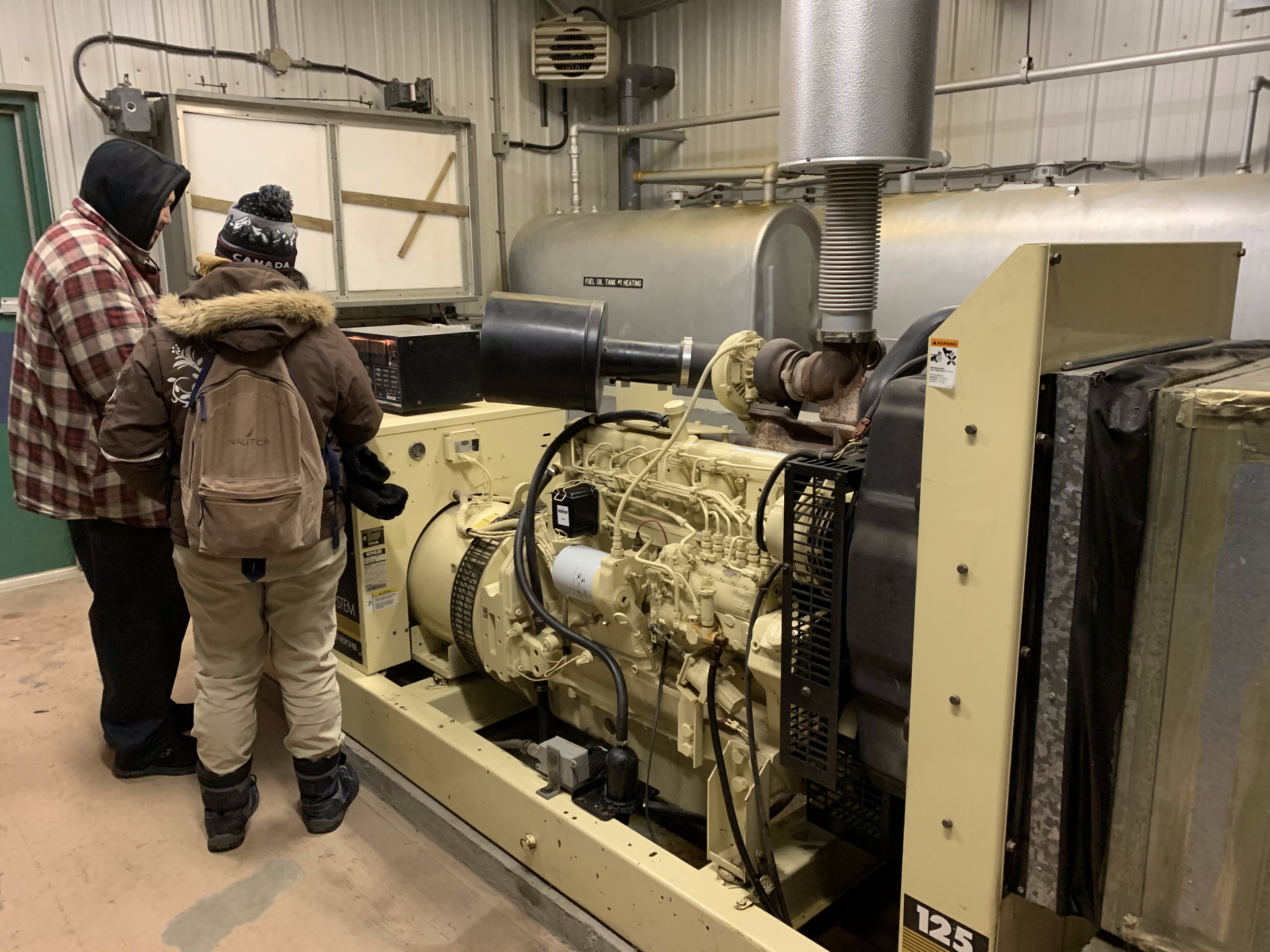Course Description
Engineering and technology play a vital role in global development. However, many technologies developed with good intentions often fail to serve the intended purpose to the end users. This course aims to prepare students to address these global development design challenges with a human-centered approach. Through studies of both successful and unsuccessful examples, we develop principles to guide the design process. In class discussions and exercises enable students to appreciate the intricacies and challenging nature of design in this context. Throughout the semester, the students will engage in design project centered on a global development challenge. To inform the project, guest speakers from academia and industry will share their experience and feedback throughout the project. The projects will be assessed based on their appropriateness and functionality. Upon completion of the course, students should have a better appreciation of the meaning of appropriate technology in various international development sectors such as healthcare, water & sanitation, land management, energy, infrastructure, and communications in both urban and rural settings.
The Project

The core of the class focuses on a group design project. In this project, students will apply the principles presented in the course to develop a design to address a global development challenge. The topics for the projects vary from year-to-year. However, they are always grounded in a real-world challenge and with an opportunity to make an impact. A few examples are outlined below.
APS530 has partnered with major design competitions to seed project ideas and connect the class to real, on-the-ground challenges. One of the challenges engaged was the World Vision Social Innovation Challenge. This was selected to provide students a pathway to take their project beyond the classroom. As a result, APS530 students were selected as finalists and were invited to pitch their concept for a $25,000 cash prize and business support.
Highlight Project
In the Winter 2020 iteration of the project, through the Reconciliation Through Engineering Initiative (RTEI) the students worked with the community of Cat Lake, Ontario to address issues related to food security. As part of the project, the student’s conducted a field visit to Cat Lake to meet with the community members, leaders and Elders and gain a first-hand understanding of the community’s priorities. Through this, three pilot project concepts focused on composting/waste collection, food preservation, and water quality monitoring. Community consultation and further development are currently underway to identify implementation pathways.


APS530 Students in Cat Lake First Nation in February 202
Past Course Feedback
The tailored and impactful nature of this class resonates with students. As a result, the feedback has been overwhelmingly positive. Over the past 3 years, students on average have rated the learning experience as 4.8/5. A few of the detailed comments are provided.
“I learned a lot in this course, and will definitely recommend it to other students.”
“This is a great course! Lectures are well–organized and present material in a clear way. Class is engaging through interesting class discussions! The projects are all very well–structured too and teach us a lot about the subject matter.”
“One of the best classes in my undergraduate experience.”
